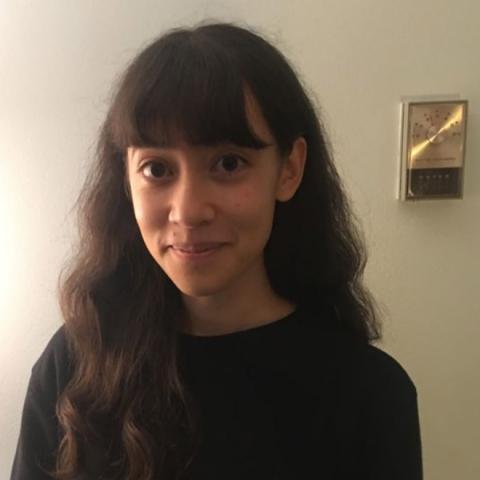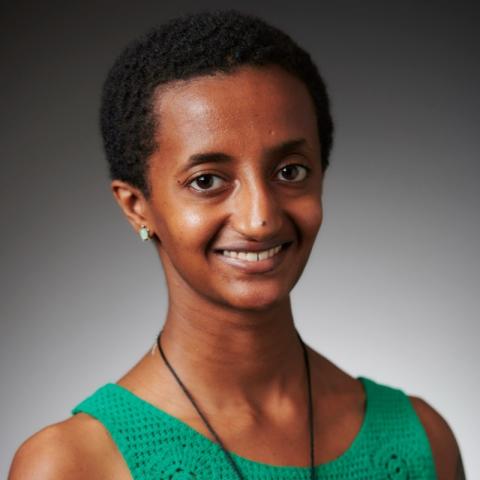Mathematics, Abstraction, Learning, & Thinking (MALT) Lab
Focus
Understanding how students learn and think about abstract concepts in science, mathematics, statistics, and programming.
Research areas
- Mathematical and numerical cognition
- Statistical cognition
- Algebra learning
- Metascience
- Programming instruction
- Virtual reality
- Inclusive and meaningful learning
Research group

Jimin Park
Jimin is a PhD candidate at the University of Minnesota, the department of educational psychology. Her research interests began with how people understand and process fractions. She first investigated the language compatibility effect, if a language privileges its naming of a number. The study was done in the context of fractions where English names the numerator of a fraction first whereas Korean names the denominator first. Then she also investigated a more educational aspect: how people reason about reducible fractions (e.g., 4/6) versus irreducible fractions (e.g., 2/3). She recently extended research area to data visualization. Her research currently explores whether numerical magnitudes are recruited to understand bar graphs, and thus inform the design of bar graphs that simplify their understanding.

Vimal Rao
V.N. Vimal Rao is an educational psychologist and statistician. His work examines the psychology of statistics, i.e., how does one ‘do statistics’ and how does one ‘learn how to do statistics’. He uses a broad suite of research methods in his research and consulting across both qualitative and quantitative paradigms (e.g., multi-modal multiple descriptive case study, psychological experiments with log binomial mixed regression models, simulation studies). A good way to get Vimal talking is to ask him why 7, 17, and 29 are his three favorite numbers. Contact Vimal at RaoVNV.github.io.

Rina M. Harsch
Rina is a graduate student in the Educational Psychology Department at the University of Minnesota. Her research interests revolve around how people learn and revise their beliefs. In particular, she cares about the roles of language and justification methods (such as trust in testimony and explanation quality) in these processes.

Ali J. Fulsher
Ali is an Educational Psychology PhD student at the University of Minnesota, studying the psychological foundations of learning. She is interested in how we read and write primary-source science. Her research examines how science writing conventions (e.g. structure of journal articles and use of in-text citations) can influence comprehension. She is also interested in developing effective science reading methods/scaffolds for university students.

Amber Armstrong
Amber is a Mathematics Education PhD student at the University of Minnesota and a former high school mathematics teacher. Her interests involve understanding how students learn about environmental issues through the use of mathematics. She is also interested in learning more about how research in educational psychology can inform us on how to better teach and learn mathematical concepts.

Zahara Spilka
Zahara is a graduate student at the University of Minnesota – Twin Cities, researching the intersectionality of clinical psychology and virtual reality in the computer science department. Specifically, Zahara wants to explore how we can utilize VR for therapy, therapeutic applications, and how VR can further mental health practices. Speaking more broadly, Zahara has an interest in the intersectionality of psychology and VR, and how these disciplines can come together to make mental health interventions more accessible. Zahara is passionate about using VR to create and contribute to the positive and strong impact this intersectionality can have on helping and supporting the individual as well as the broader society.

Sarah Pan
Sarah is a Developmental Psychology PhD student at the Institute of Child Development studying early mathematical and numerical cognition. Her research interests lie in the contexts and interactions within which math and number interpretation occur, particularly for the preschool age group. Her research thus far has included the integration of various individual factors, including vocabulary, executive function, and math ability.

Gina Ristani
Gina is pursuing her graduate studies in educational psychology at the University of Minnesota. She is currently conducting research on using what we know about expert problem-solving for improving novice persistence in the face of failure, and how different types of feedback affects student programming outcomes and computing attitudes. Her research interests involve learning how to make science more accessible and equitable by helping students develop a positive and inclusive scientific identity, while also building skills in educational and organizational program evaluation.